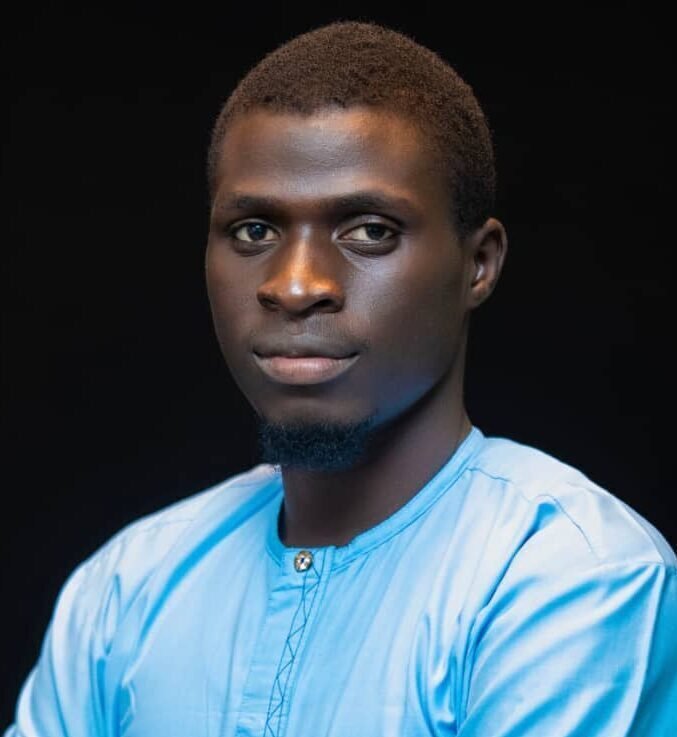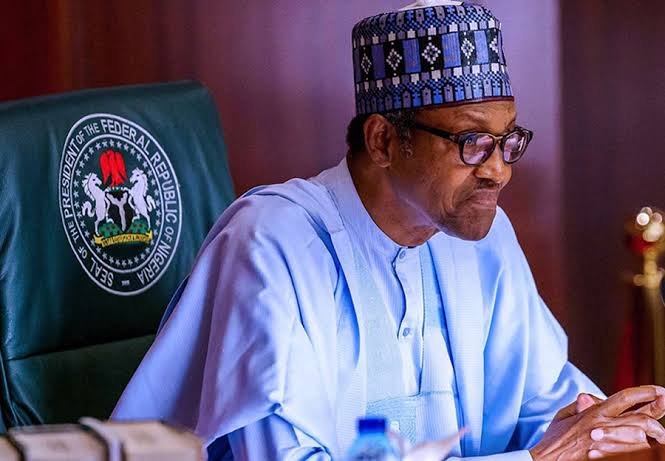The administration of the late former president Muhammadu Buhari, who died July 13, aged 82, in a London hospital, leaves behind a legacy marked by a troubling pattern of press repression. In the first six years of his tenure, no fewer than 300 press freedom violations were recorded, including the unresolved killings of seven journalists, according to a report by the Nigeria Union of Journalists (NUJ) in collaboration with the Media Foundation for West Africa (MFWA).
One of the most notable cases was the 2019 arrest of Agba Jalingo, the publisher of CrossRiverWatch. Security forces arrested him over a report alleging that Cross River State Governor Ben Ayade had diverted N500 million belonging to the state. Jalingo spent 174 days in detention, first in a police cell, then Calabar prison, after the state government filed criminal charges against him.
Another troubling case involved a Premium Times’ journalist Samuel Ogundipe who was arrested by the Nigerian police after he honoured the Forces’ invitation. The officers pressured him to reveal the sources of a report based on a communication intercepted by the Department of State Services. When Ogundipe refused, authorities threatened him and later charged him with “criminal trespass” and “theft of police documents.”
Media institutions, too, got their cut. In January 2019, armed personnel from the Nigerian Army, Department of State Services, and the Nigerian Police stormed the Abuja office of Daily Trust newspaper. The security forces carried out simultaneous operations at the outlet’s Lagos and Maiduguri offices. For about four hours, they ransacked the Abuja newsroom, confiscating computers and mobile phones. The soldiers claimed they were looking for the reporter behind a story on a planned military operation against Boko Haram insurgents.
Clamping down on the media by the Muhammadu Buhari government, the NUJ and MFWA reports, “was a sign of weak democracy and a restive government, and it is instructive to note that a free and open press is part of the bedrock of democracy and development, and these should be encouraged and sustained.”
According to the report, members of the defence and security services, politicians, political party thugs, and regulatory authorities were among the worst violators of press freedom. Unfortunately, “no single act of such violations has been successfully redressed either by the courts of law or by the National Human Rights Commission whose findings and rulings are never given any serious attention,” the report reads.
Nigeria’s ranking in the World Press Freedom Index during Buhari’s administration reflected a strained relationship between the press and the government. Ranked 111th in 2015 with a 65 percent score when the former came into power, the country quickly slipped to 116th in 2016, dropping one point to score 64 percent. In 2017, it further declined to 60 percent. Then from 2018 to 2021, Nigeria maintained an average score of 60 percent, offering a brief period of relative stability. But by 2022 and 2023, the final years of Buhari’s presidency, Nigeria’s press freedom score plummeted to 40 percent.
In 2022 alone, at least 66 journalists and three media houses were attacked across the country, up from around 40 such incidents a year earlier.
These violations occurred despite the constitutional and international frameworks meant to protect press freedom. Section 22 of the Nigerian Constitution empowers the media to act as a watchdog, holding the government accountable and ensuring that citizens are well-informed. And Article 19 of the Universal Declaration of Human Rights also guarantees freedom of expression, which includes press freedom globally.
According to the United Nations, “independent, free and pluralistic media are central to good governance in democracies that are young and old.” Yet, despite these constitutional and international protections, attacks against journalists and media organisations continue to rise in Nigeria.
Former President Buhari was laid to rest in his hometown Daura, and in his honour, Nigerian President Bola Tinubu renamed the University of Maiduguri to Muhammadu Buhari University.














